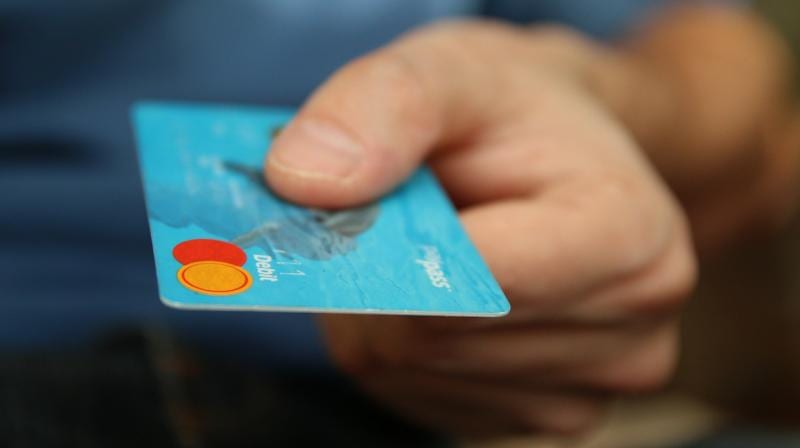Tokenization – the New Revolution?
Reserve Bank of India (RBI) released the guidelines lately mentioning tokenization of debit and credit cards.
Tokenization being the new method for making payments from your credit and debit cards is being perceived as the new revolution.
Since this revolution is going to completely change the way public makes payments with their cards, it seems to be bringing more progressive atmosphere in the digital payments’ sector.
Since this method will replace all the debit and credit card details with a code called “token”, this token is considered safer and convenient as it is going to be specifically for the card, the token requestor and the device being used to pay.
The most serious issue with digital payments is the safety and security of the money when it flows from the customer’s account (issuer’s bank) to the business’ account (acquirers bank).
Availability of the code/token is bound to make the process of the flow of payments easier as well as safer.
As the frauds and hacking rates are increasing, it is a delight to the payments’ sector to be witnessing prompt actions for winning over fraudulent activities.
Recently, digital payments’ sector is picking pace in the country and so are the number of transactions by public.
People are becoming aware of the technology that is invented to help them make their lives easier with regard to making payments.
However, along with all things great, come certain issues to plague the flow of successful functioning. These issues revolve mainly around the security of the flow of transactions.
With tokenization, Reserve Bank of India (RBI) has set various safety “conditions” for making each transaction flow as safe as possible.
It is felt that the Tokenization service will up the level of payments’ security and the reasons why it is believed so are as such:
With the provision of application on which the token requestor will receive token, there is also the provisioning of security of token requestor’s application on the device.
This will consist of authorised access to token requestor’s app on an identified device.
It is sure to increase customer confidence in digital transactions and to help the country lower down cash payments drastically.
Since it is all to be made possible by card network getting the token requestor certified for the security and all other function performed by the token requestor, it assures high level of security.
Secondly, there is a provisioning of adequate safeguards to ensure that PAN cannot be found out from the token and vice versa, by anyone except the card network.
This brings an added security to the service.
Thirdly, all the certifications to be provided to issuers/acquirers, their service providers and any other entity involved will be conforming to the international best practices.
Fourthly, secure storage of tokens and associated keys by token requestor on registration of card will be successfully ensured.
Fifthly, arrangements are made for easy access to customer service for any dispute resolution or in case of loss of identified device or a similar situation in which the token may get exposed to unauthorised person.
Adding on to it, card network will actively ensure that only those transaction requests will be processed which have originated from the identified device.
Furthermore, the power to reject to register the card lies with the card issuer in case the card issuer suspects the token requestor to be an unauthorised person.
Lastly, and most importantly, a periodic system audit, at least once a year, of all parties involved in the process of providing the service to customers is a must, according to RBI.
All the aforementioned reasons build strong points and support the fact of security and safety with token usage and that it is a very useful step.
Certain other areas that are advantageous for the public are the applicability of the same instructions for tokenised card transactions as for the card transactions and no additional charges for the customers availing this service.
Speculating an elevation in the security level of digital payments with this move, it is strongly believed that the tokenization service is going to prove to be helpful for the ecosystem as a whole.
Hence, we believe that tokenization service has been introduced to help maintain security of the transactions, but will also help deepen digital payments in the country conclusively.



